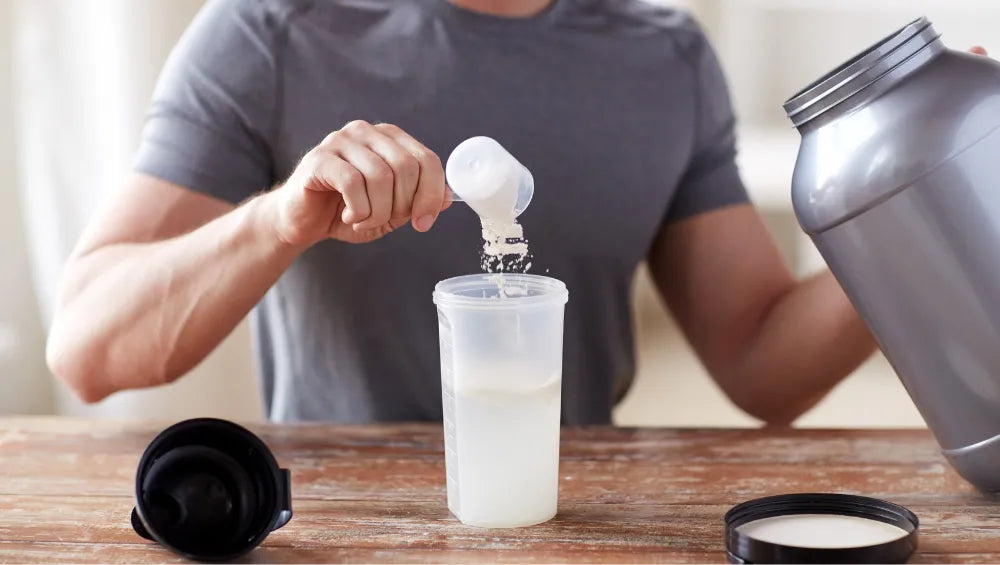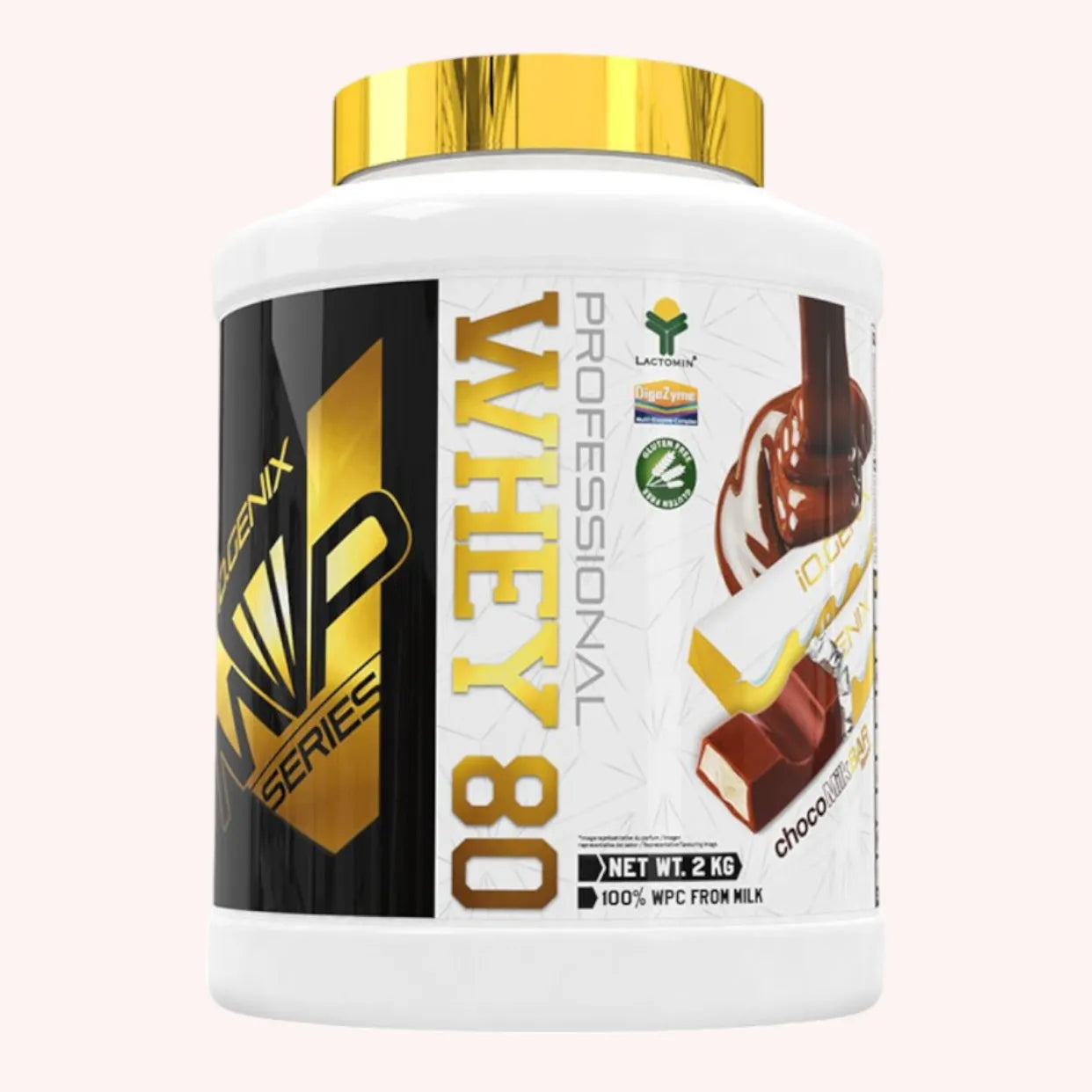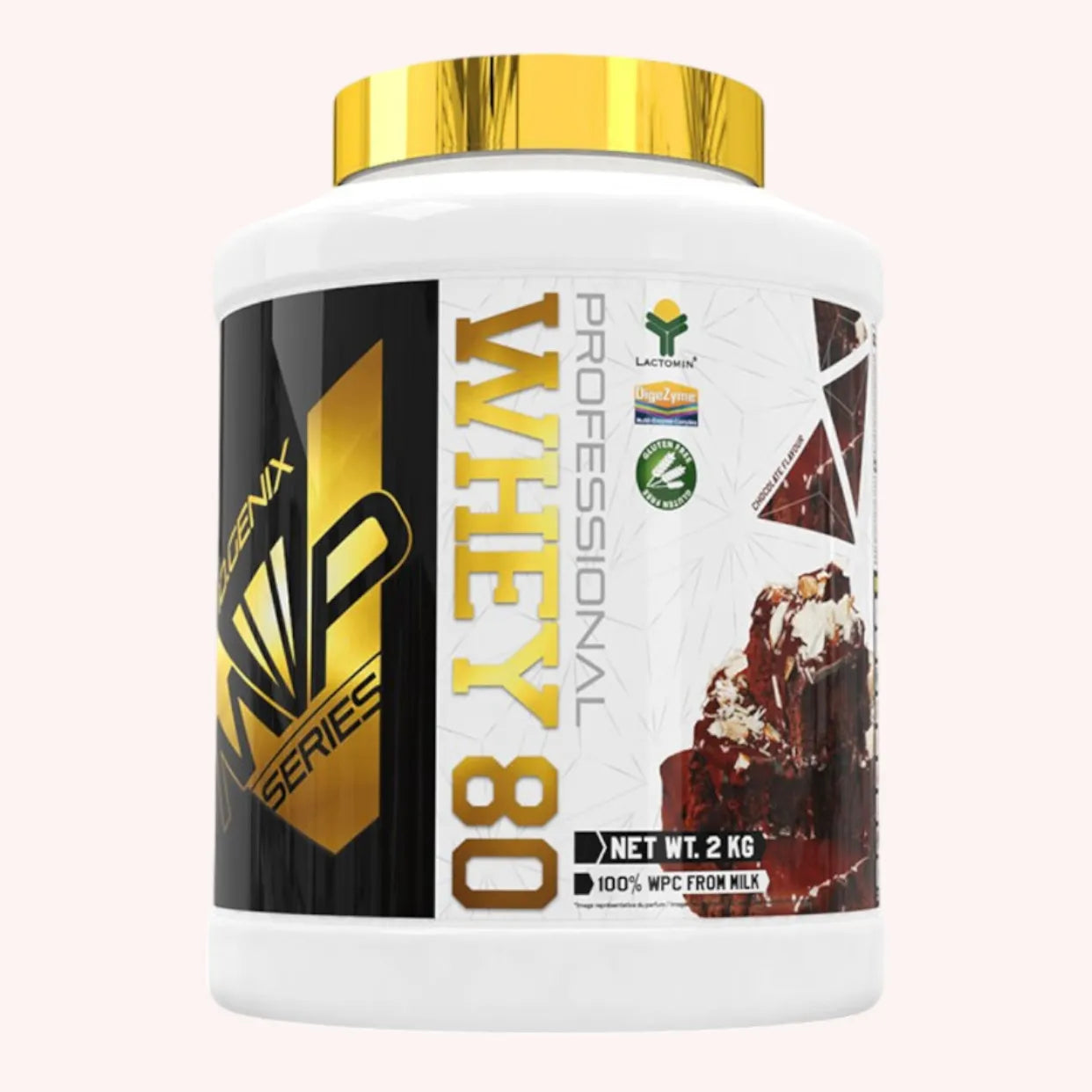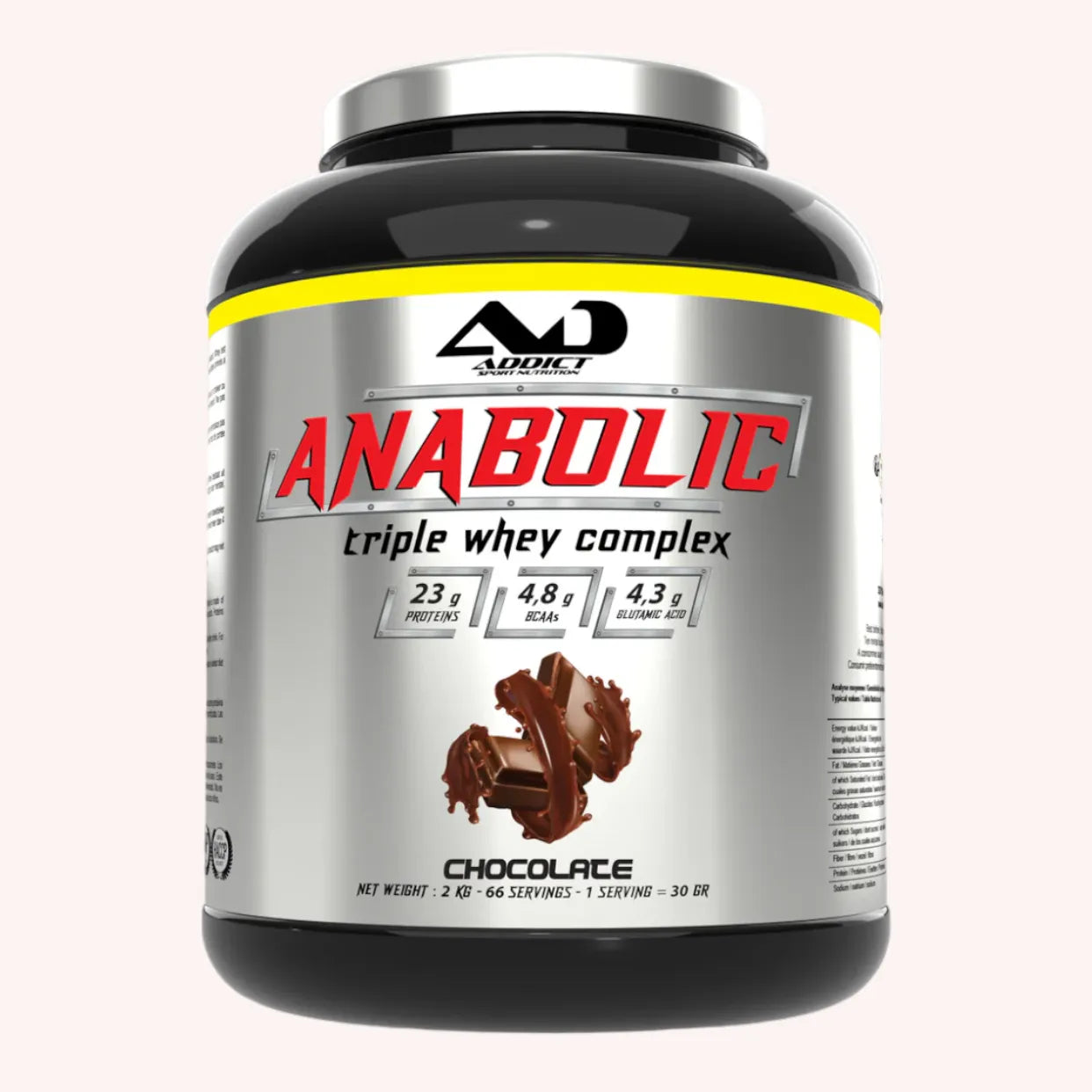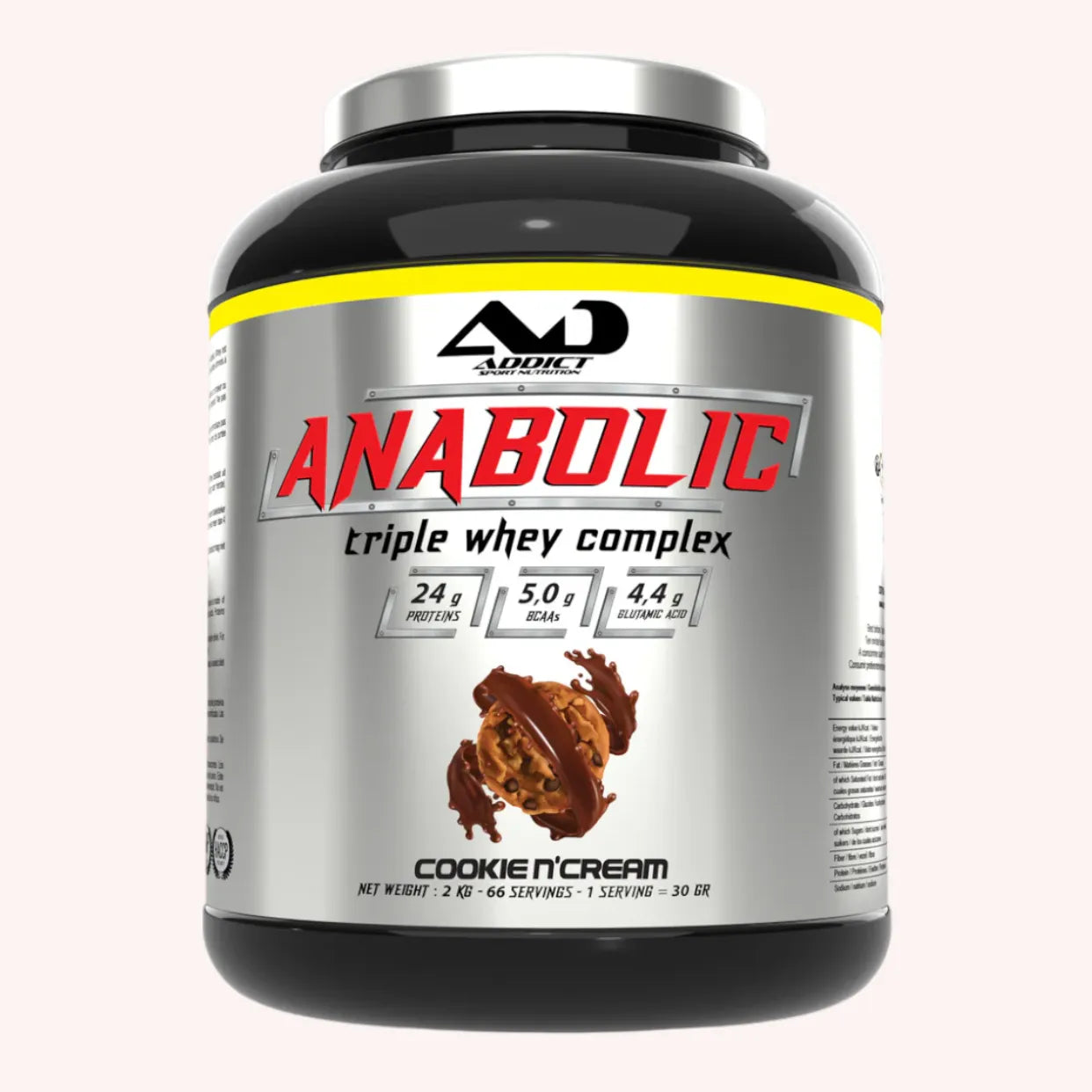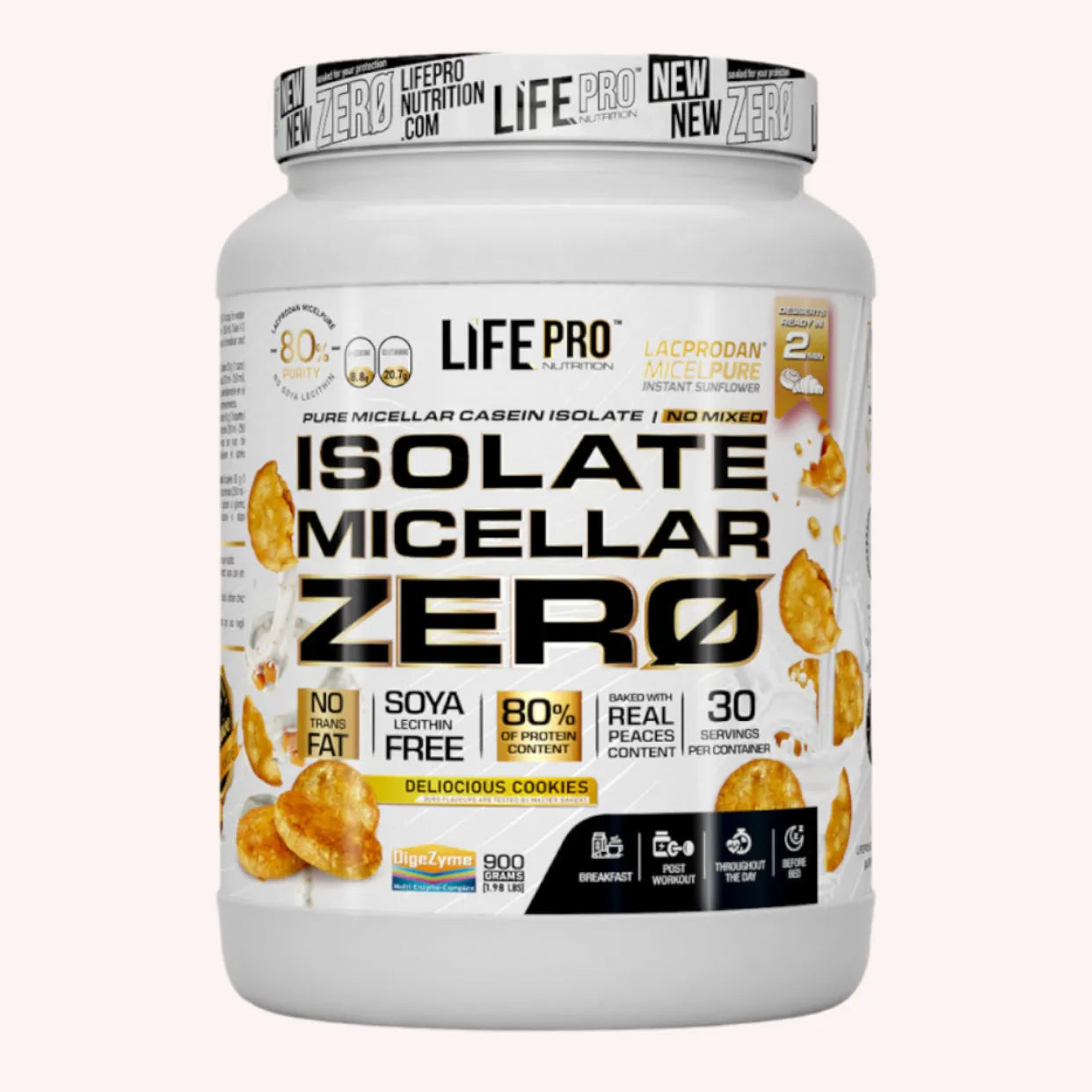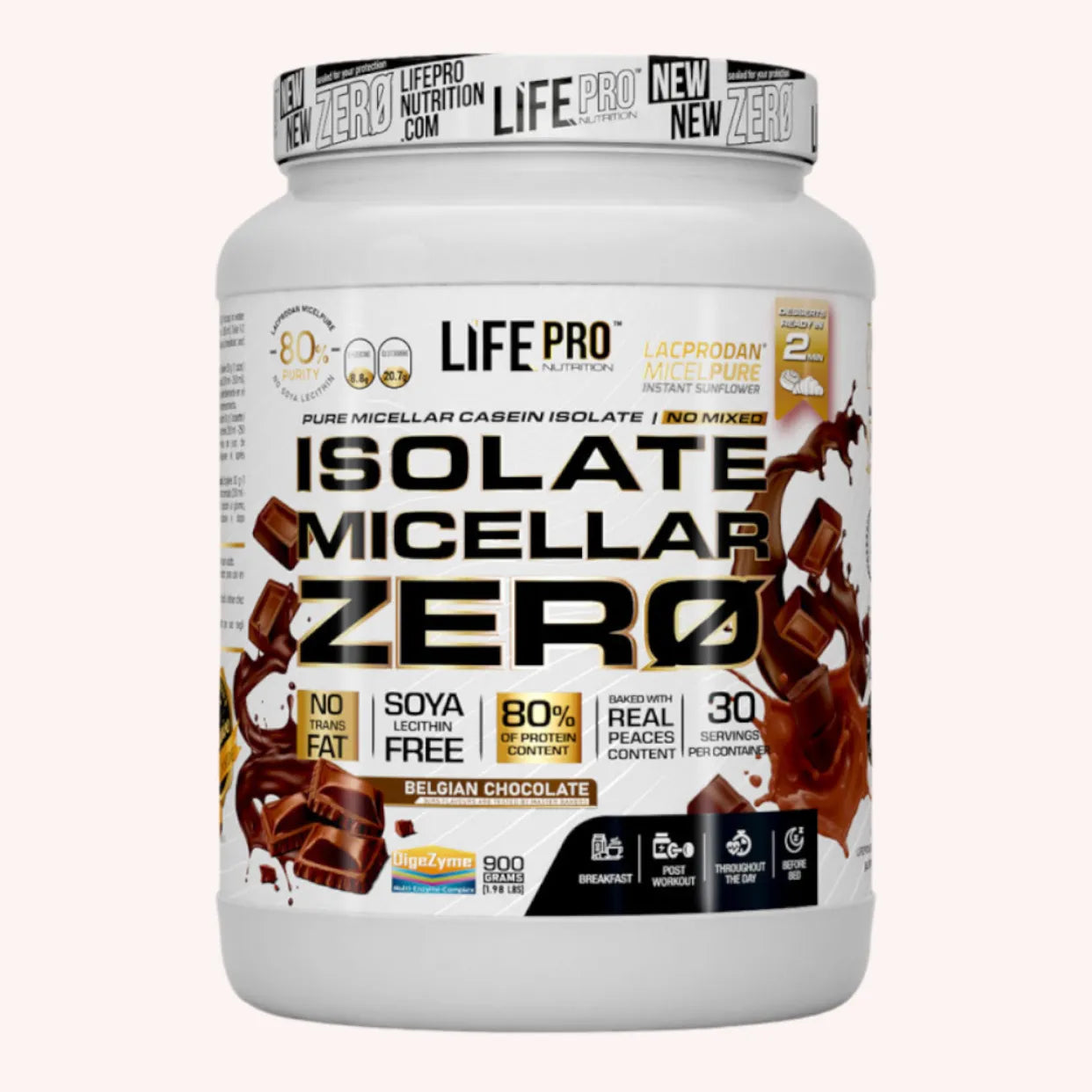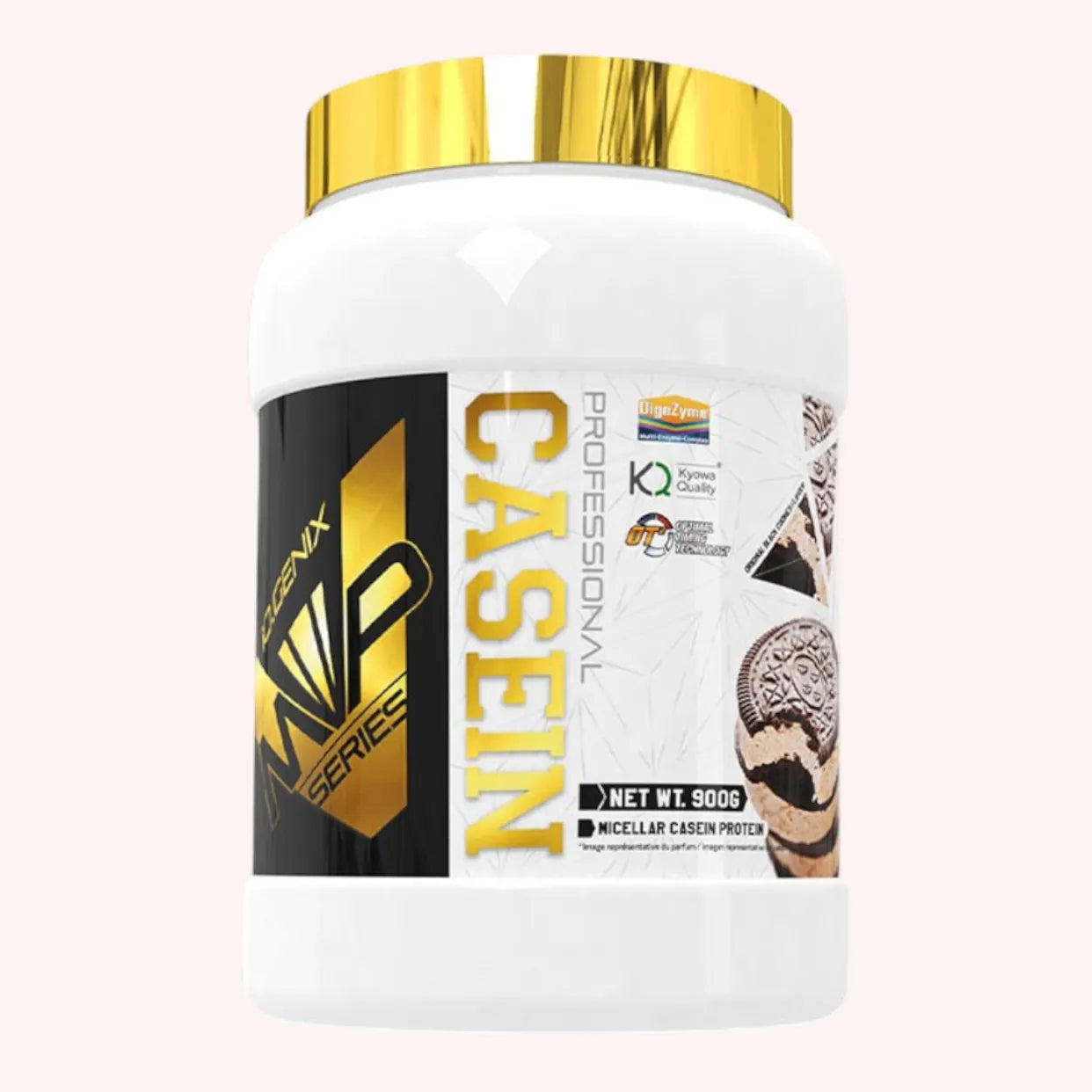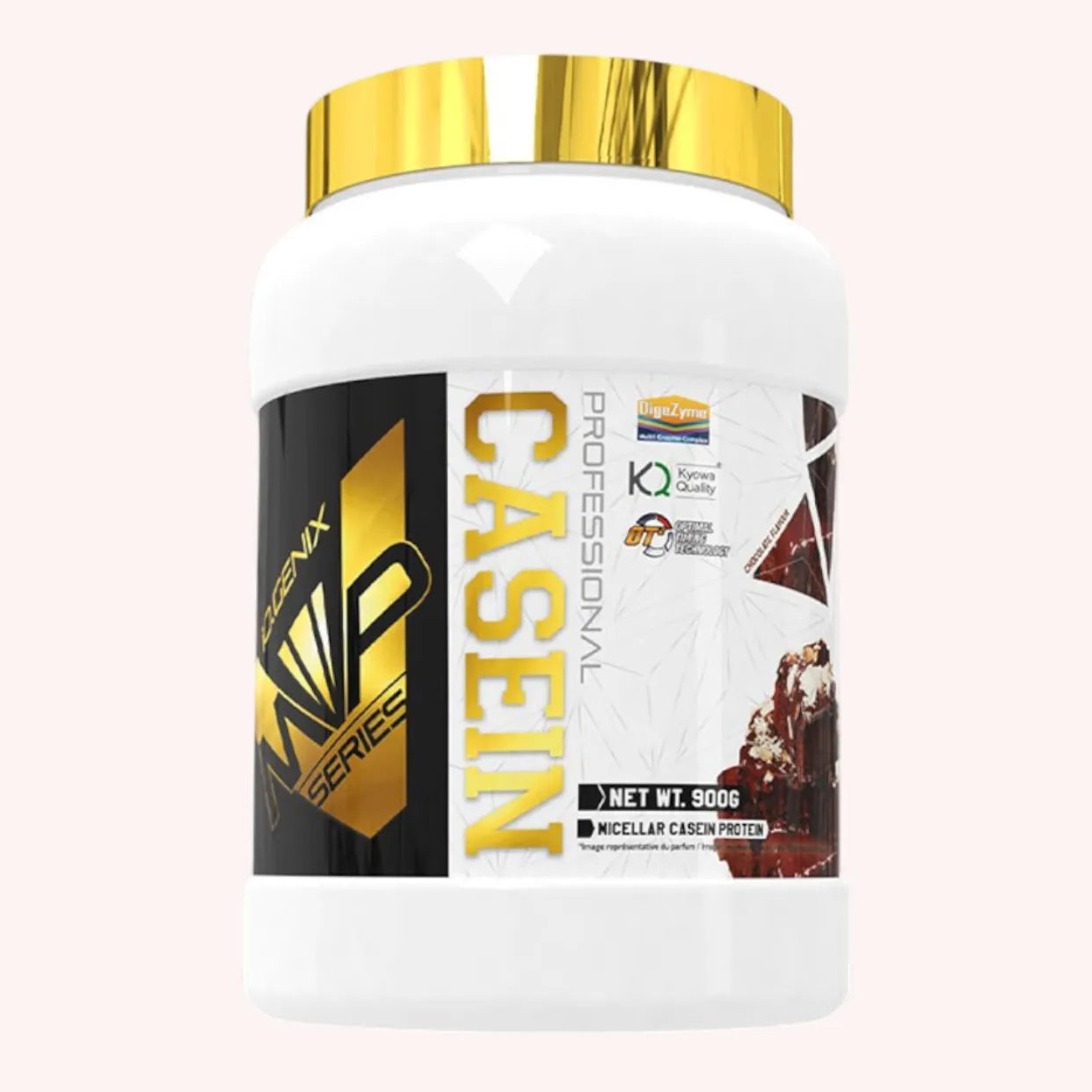Protein plays a central role in athletes' diets and is often associated with muscle building. However, its contribution goes far beyond muscle building and can also be essential for weight loss.
Here, we'll look at how protein helps reduce fat mass while maintaining muscle mass, and how to choose the best protein source to help you achieve your weight loss goals.
Why are proteins effective for weight loss?
Proteins don't just help build muscle; they also influence metabolism and appetite management, two key aspects of weight loss. They are nutrients that require more energy to digest compared to carbohydrates and fats, thus increasing calorie expenditure . This phenomenon, called the thermic effect of food, allows the body to burn more calories after a protein-rich meal.
Protein consumption also helps maintain an active metabolism, which helps you understand how to cut effectively. When you reduce your calorie intake to lose weight, the body often tries to slow down its metabolism. However, incorporating a significant portion of protein into your diet limits this slowdown by preserving muscle mass, which naturally consumes more energy. This approach to bodybuilding sports nutrition can therefore prove decisive in optimizing weight loss.
Satiety effect and appetite management
Protein also helps regulate hunger. It increases the secretion of certain satiety hormones, such as leptin, while decreasing hunger hormones, such as ghrelin. This phenomenon is particularly noticeable with meals containing a high proportion of protein, which has a lasting "appetite-suppressing" effect. This means you are less likely to experience cravings throughout the day, which limits excessive calorie consumption and thus helps you lose weight effectively.
Which proteins should you choose to lose weight?
There are several types of protein suitable for promoting weight loss. Depending on their absorption time and effect on satiety, certain protein sources are more beneficial for weight loss.
Whey: The fast protein
Whey protein is one of the most popular proteins in the world of bodybuilding and weight loss. Sourced from milk, it is quickly digested by the body, making it an excellent option for a quick protein boost after training. This promotes muscle growth while also helping to maintain muscle mass during weight loss . By choosing a whey isolate , which is filtered to remove fat and lactose, you reduce your calorie intake while benefiting from a pure and highly absorbable source of protein.
Casein: The Slow-Absorbing Protein
If you're looking for a more satiating option, casein may be ideal. Unlike whey , casein is absorbed slowly , providing a continuous release of amino acids over several hours. This type of protein is particularly useful for reducing snacking cravings and managing appetite throughout the day or night. By gradually releasing amino acids, casein also helps protect muscles from catabolism, which can slow metabolism when dieting.
Plant proteins: A balanced alternative
Plant-based proteins , from sources like pea, rice, hemp, and soy, are a great option for those looking to add more fiber to their diet. They have the advantage of being slower to digest, helping to maintain a feeling of fullness . Plant-based protein blends also provide a complete profile of essential amino acids. Additionally, these proteins are often lower in calories and saturated fat, making them particularly suitable choices for balanced lean and bulking .
Protein powder supplements
As part of a weight loss program , protein powder supplements are valuable allies for easily reaching your daily protein quota. These powders are designed to provide a concentrated dose of protein, while remaining low in calories. Whether in the form of whey , casein or plant-based protein , powder supplements offer a practical solution, especially for snacks between meals or after an intense workout. If you're wondering how much protein per day to lose weight, recommendations generally vary between 1.2 and 2 g of protein per kilogram of body weight , depending on the intensity of the physical activity .
Protein and effect on metabolism
One of the main reasons why protein is effective in a weight loss program is its impact on basal metabolic rate . By preserving and building muscle mass , protein consumption helps maintain an active metabolism, which is essential for successful cutting . Additionally, since muscle burns more calories than fat at rest, maintaining significant muscle mass contributes to a higher daily energy expenditure , even when you're not exercising.
Incorporating Protein into Your Weight Loss Program
To maximize the benefits of protein, here are some tips for effectively integrating it into your weight loss program :
- Spread protein intake throughout the day: Consuming protein with each meal helps maintain a constant level of amino acids in the blood, which promotes feelings of satiety and protects muscles.
- Prioritize low-calorie protein sources: Lean meats, fish, tofu, low-fat cottage cheese, or protein powder supplements are ideal options for limiting calorie intake without compromising protein intake.
- Combine protein and fiber: Pair your protein sources with fiber-rich vegetables. This prolongs the feeling of fullness and helps control cravings.
Effects of protein on body composition
By adding protein to your diet as part of a weight-loss program, it's possible to lose weight without sacrificing muscle mass. Protein protects muscles from catabolism, thus contributing to a more favorable body composition. At the same time, it helps reduce fat mass by increasing thermogenesis, making the body more capable of burning fat for energy.
Protein is proving to be a valuable macronutrient for anyone looking to lose weight while maintaining or building healthy muscle mass . Due to its satiating effect , impact on metabolism, and contribution to muscle protection, it is an essential component of bodybuilding sports nutrition .
When you're on a weight loss program , choosing the right protein sources, whether it's whey , casein , plant-based protein , or a blend, can make a difference in helping you achieve your weight loss goals.
Sources:
- Westerterp-Plantenga MS, Nieuwenhuizen A, Tomé D, Soenen S, Westerterp KR. Dietary proteins, weight loss, and weight maintenance. Annu Rev Nutr. 2009;29:21-41. doi: 10.1146/annurev-nutr-080508-141056. PMID: 19400750 .: https://pubmed.ncbi.nlm.nih.gov/19400750/
- Halton TL, Hu FB. The effects of high protein diets on thermogenesis, satiety and weight loss: a critical review. J Am Coll Nutr. 2004 Oct;23(5):373-85. doi: https://pubmed.ncbi.nlm.nih.gov/15466943/
- Cava E, Yeat NC, Mittendorfer B. Preserving healthy muscle during weight loss. Adv Nutr. 2017 May 15;8(3):511-519. doi:10.3945/an.116.014506. PMID: 28507015 . : https://pubmed.ncbi.nlm.nih.gov/28507015/
- Westerterp-Plantenga MS, Lemmens SG, Westerterp KR. Dietary protein - its role in satiety, energetics, weight loss and health. Br J Nutr. 2012 Aug;108 Suppl 2. doi: 10.1017/S0007114512002589. PMID: 23107521 .: https://pubmed.ncbi.nlm.nih.gov/23107521/




